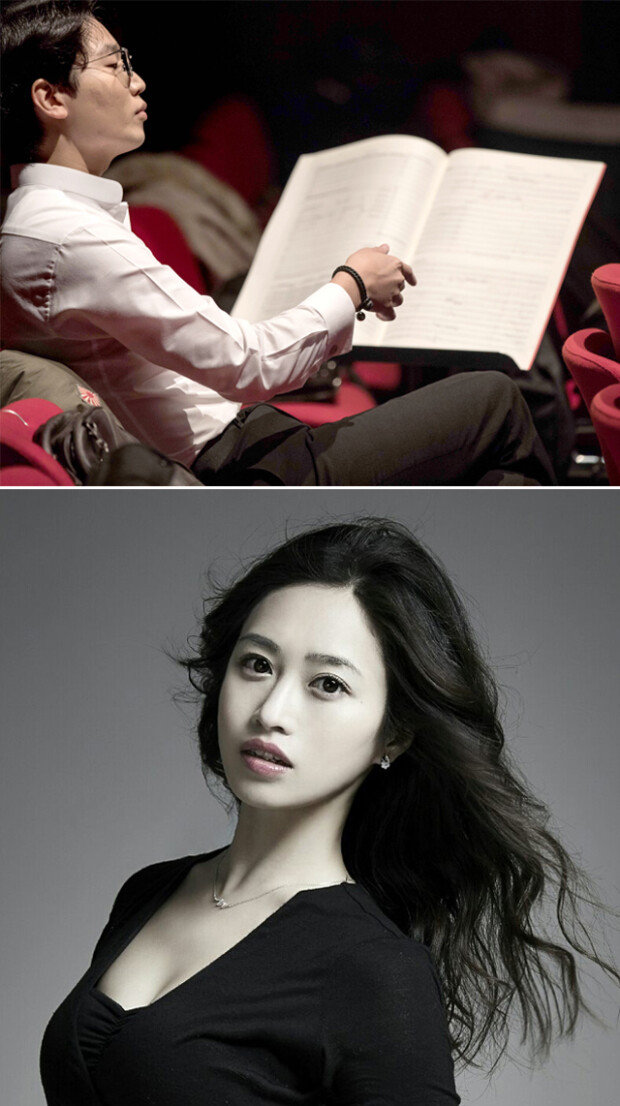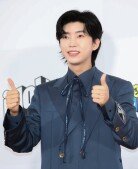Korean Wave appears in classical music
Korean Wave appears in classical music
Posted July. 20, 2018 07:51,
Updated July. 20, 2018 07:51

Quite a few number of domestic musical players are internationally recognized yet composing sector is still in its infancy. Jin Eun-sook is probably the only conductor on a stage of a prestigious symphony orchestra. The composing sector, however, is coming into the light. Young Korean composers are actively performing on stages within Korea and abroad.
Shin Dong-hoon (age 35), a graduate from the Department of Composing at Seoul National University, is in the vanguard of such change. After winning a joint first place at the first international composing contest in 2010, he was designated as the composer of the year by the United Kingdom’s Royal Phil Society and is gaining attention as the “second Jin Eun-sook.” Mr. Shin is showing active participation by collaborating with leading orchestras such as the London Symphony Orchestra and the Berlin Philharmonic Orchestra Academy.
Kim Taek-soo (age 38), who was the resident composer at the Korean Symphony Orchestra from 2014 to 2016, and Jeong Jin-wook (age 25), who premiered a work recently with the Radio France Philharmonic Orchestra, a prestigious French orchestra, are also under much attention. Choi Jae-hyuk (age 24) and Choi Han-byul (age 27), who ranked a joint first place at the composing sector of the 71st Geneva International Contest and third place at the first Basel Composing Contest, as well as Lee Sung-hyun, who won second place at the string quartet composition at the 2015 Geneva International Music Contest, are also worth noticing.
“There are some 10 composers in their twenties and thirties who are collaborating with orchestras after winning contests,” said professor Choi Wu-jung of the Composing Department at Seoul National University. “Based on external index, the rapid progress of young composers is definitely outstanding.”
Such progress, however, also owes to composers in their forties and fifties, who have settled into the academia, leading the younger generation to grow. By sharing information from foreign countries, they have expanded the base of modern music through creating “TIMF Ensemble” and “Sound Ensemble.” Some people point out that the overall level of the composing industry improved with the Korea National University of Arts securing its place in the industry around mid-2000 not to mention the vitalization of social media. “Students have been participating at foreign contests since mid-2000,” said Choi Han-byul. “Gaining access to diverse modern music through YouTube and social media also helped me a lot.”
Seol Lee snow@donga.com
Headline News
- Med professors announce intention to leave hospitals starting Thursday
- Bridge honoring Sgt. Moon Jae-sik unveiled in Pennsylvania
- Chief of Staff Chung tells presidential secretaries to stay away from politics
- US FTC bans noncompete agreements
- N. Korea launches cyberattacks on S. Korea's defense companies







